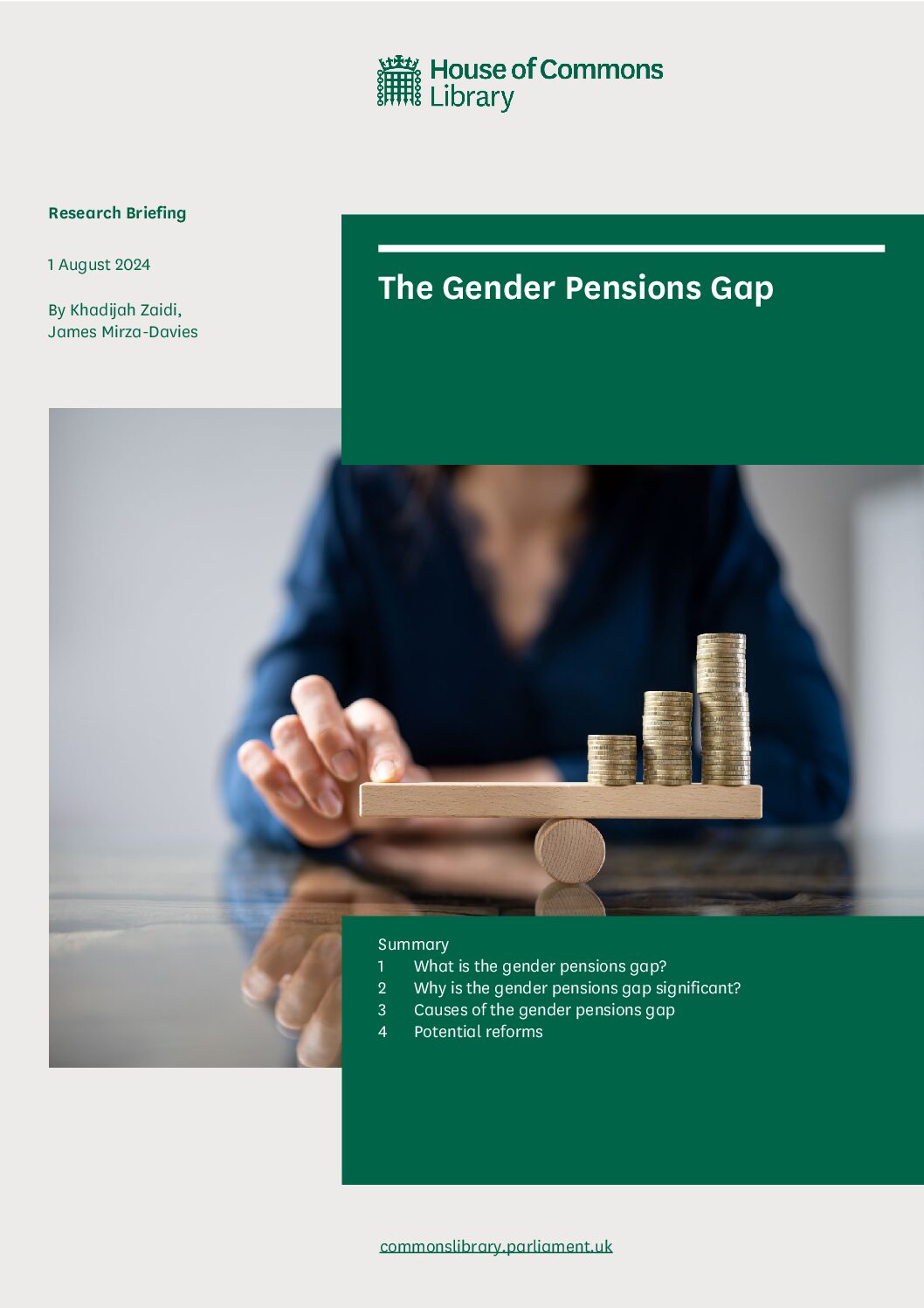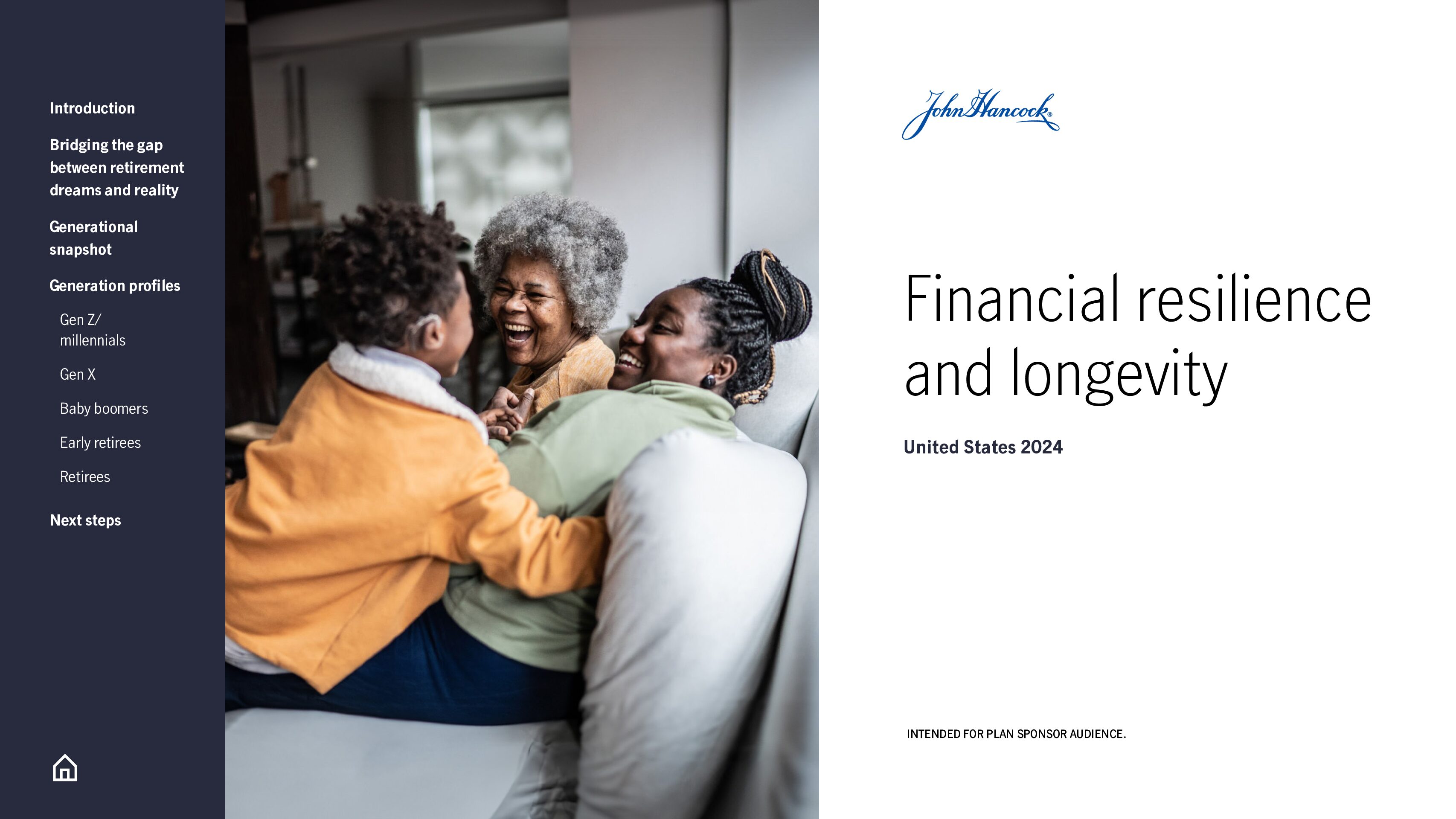UK. Research reveals lack of retirement preparedness as life expectancy increases
Less than two thirds (60 per cent) of professional investors feel they are either fully or almost fully financially prepared to help their clients in living for longer in retirement, research by Fidelity International has revealed. However, the research, which included responses from institutional investors and intermediary distributors across Europe and Asia, found that 40 per cent of respondents felt there was a lack of readiness to support clients in this area. Fidelity International global head of client solutions, Katie Roberts...










